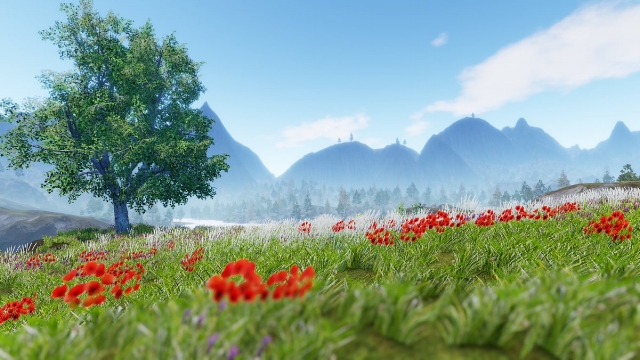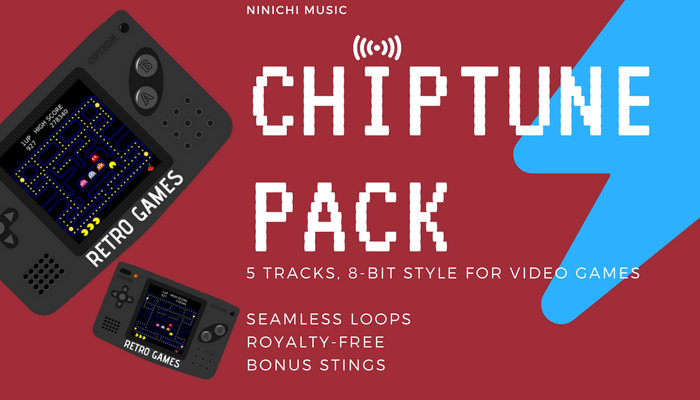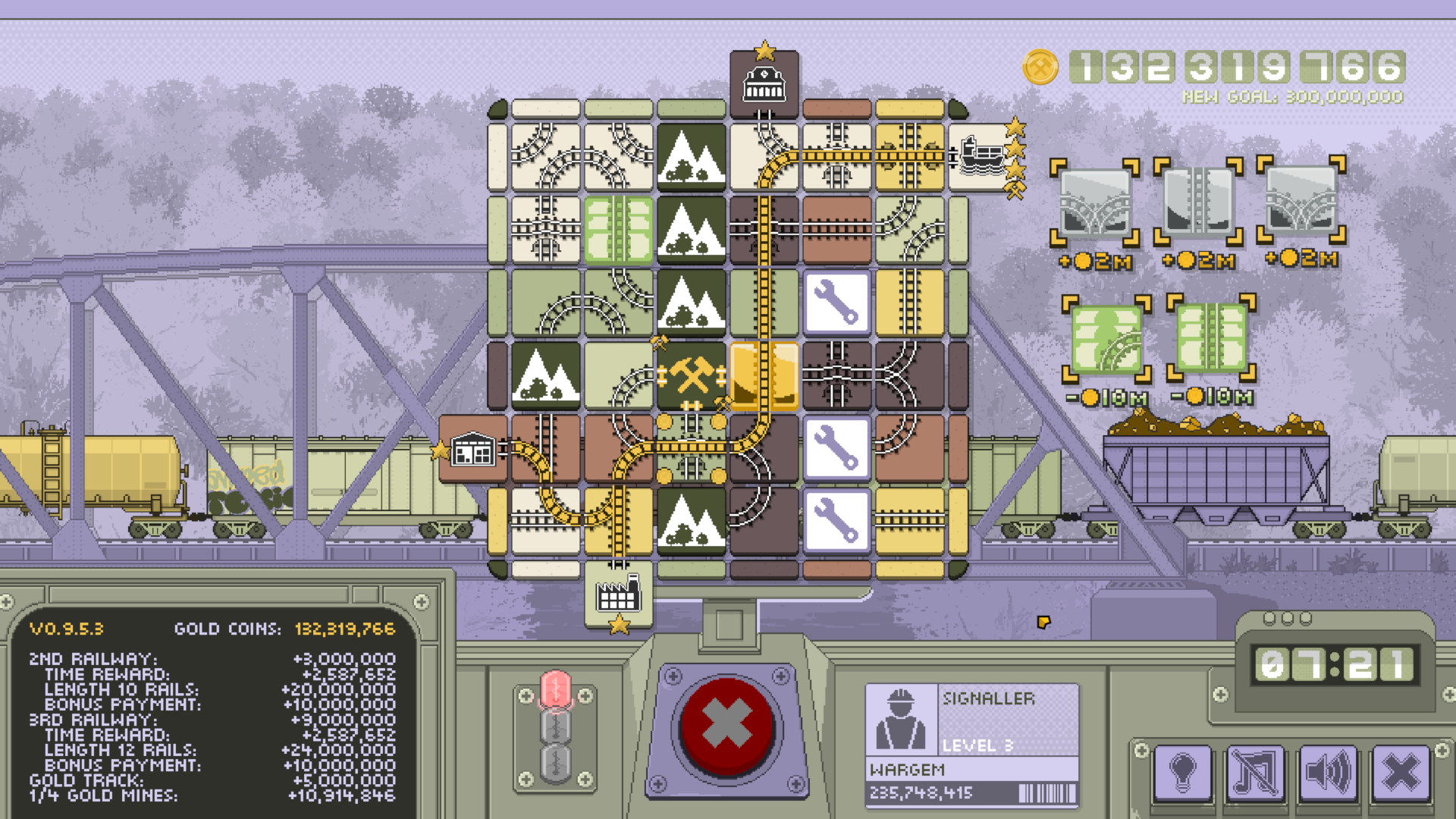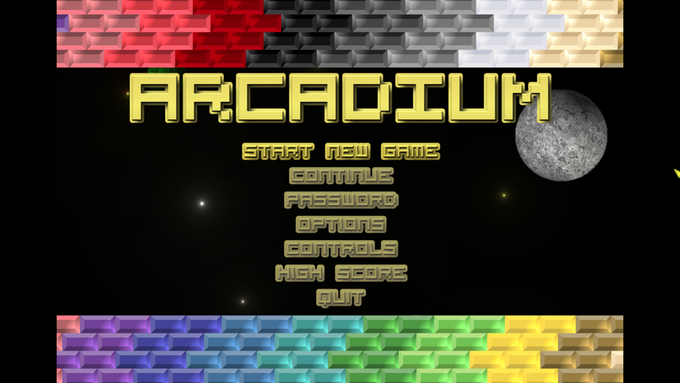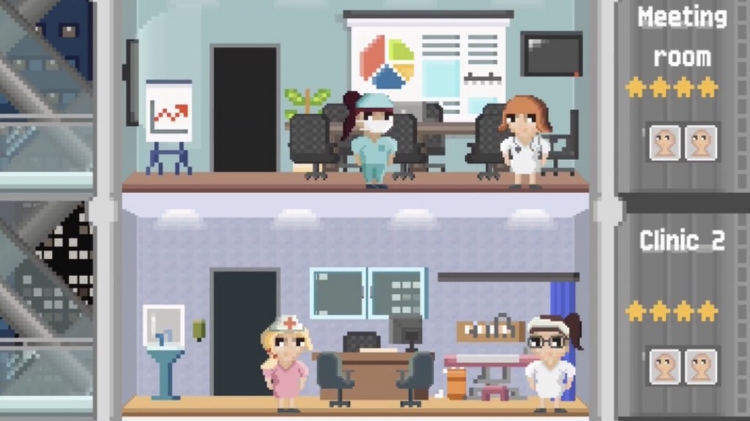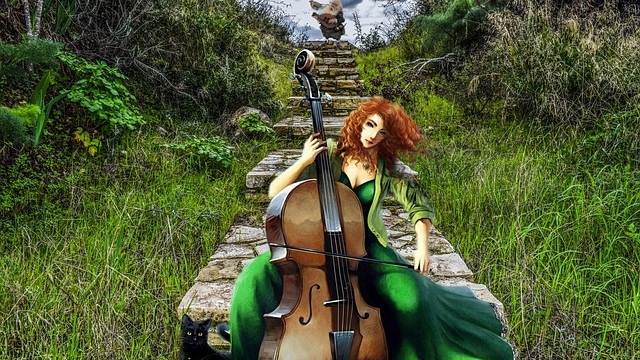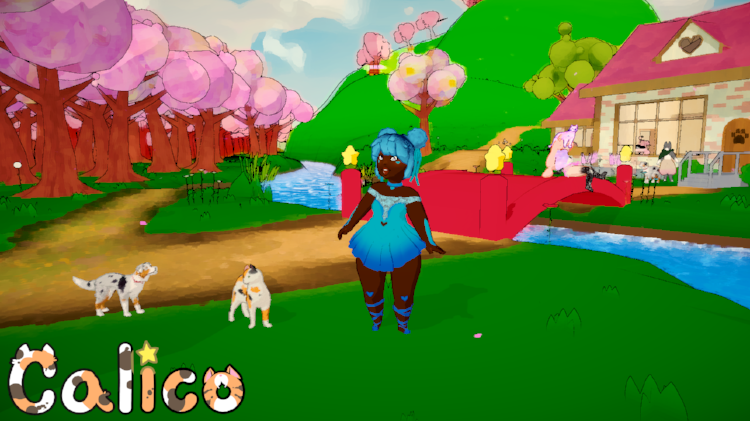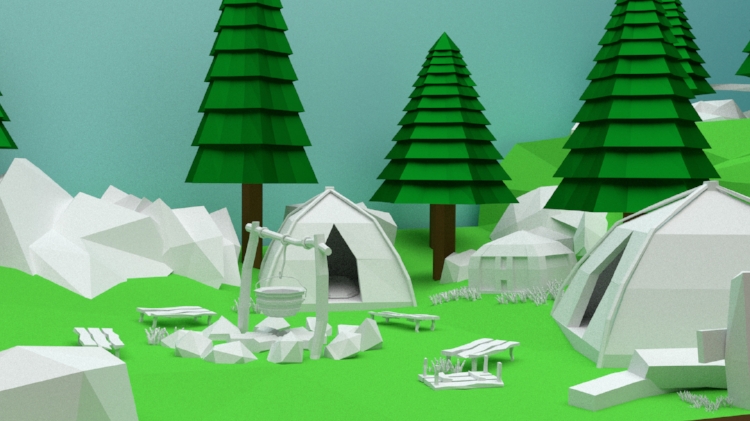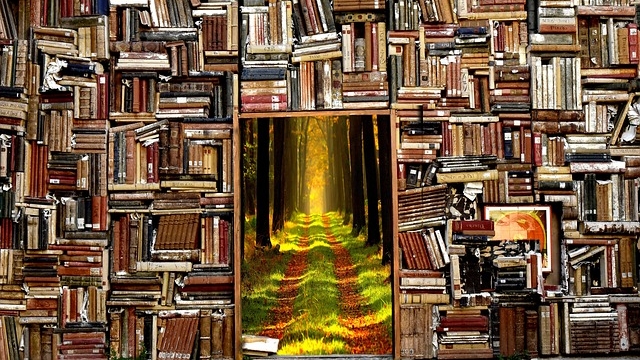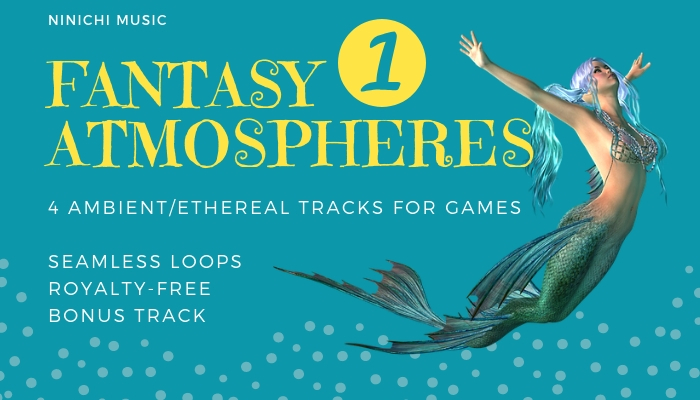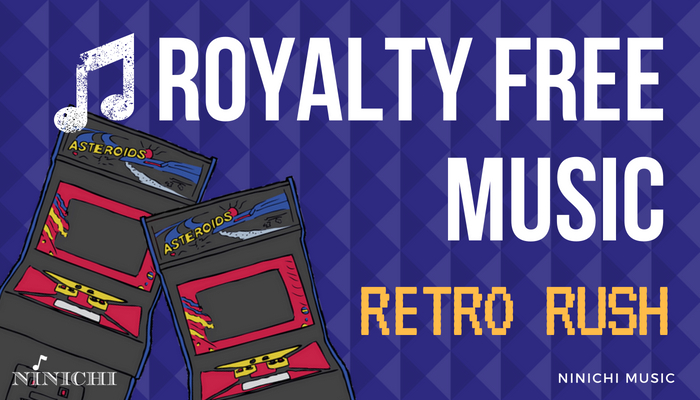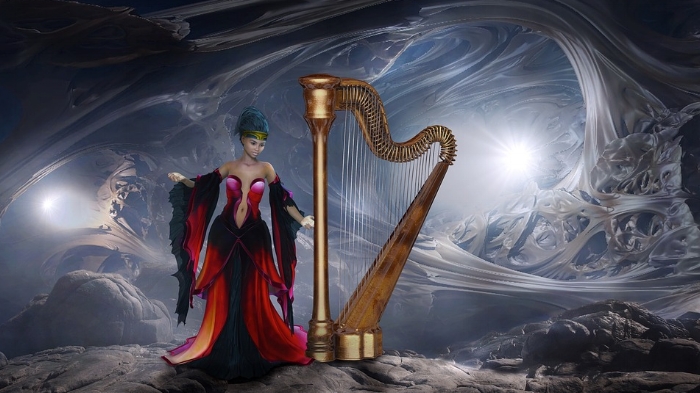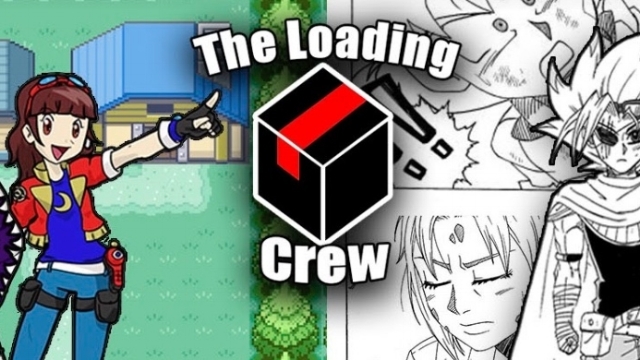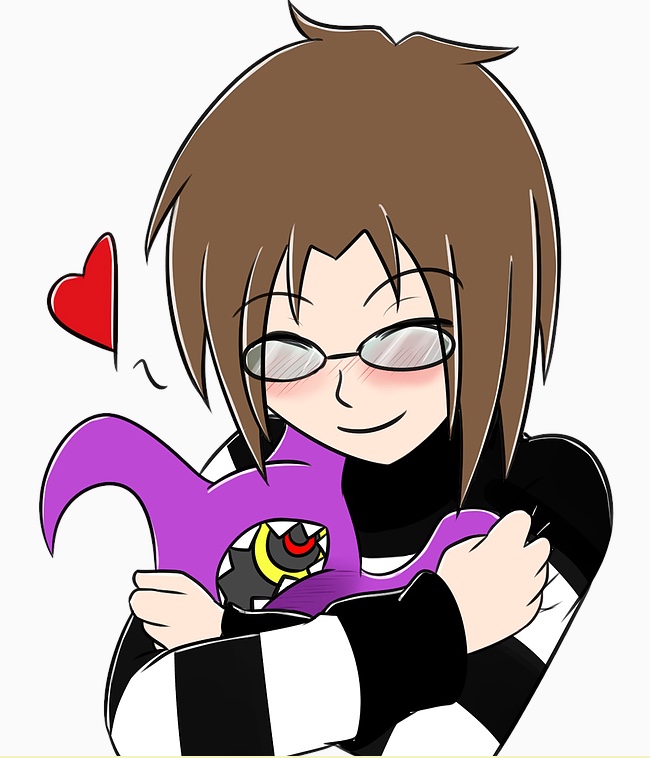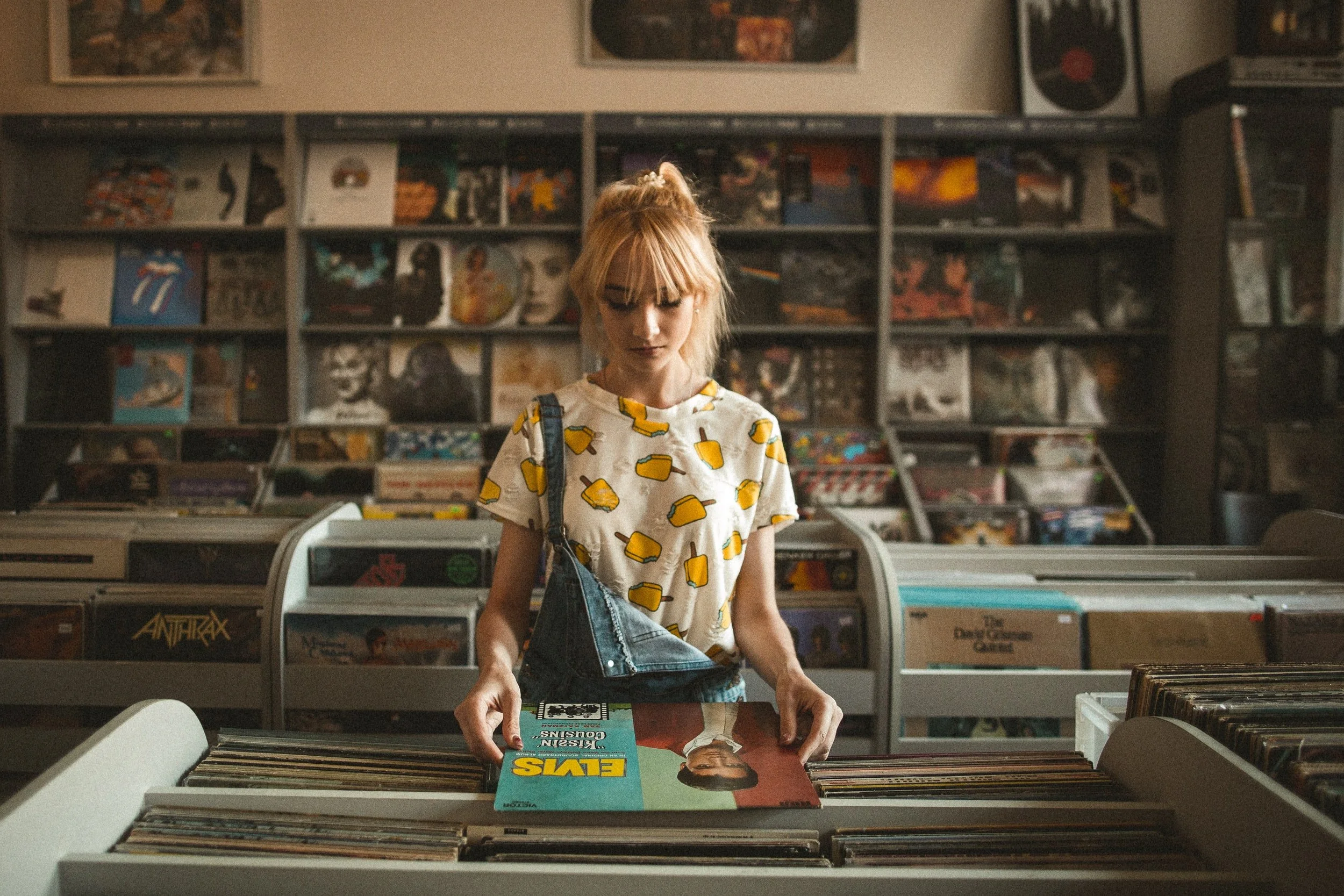This is the second of my 'insight' articles which aim to offer a bit more of a glimpse into how I created the music for different games. This one is called Arty Swirly Colourful and I was really excited when asked to work on the soundtrack for this game. Everything that I learnt and discovered about the game was quite inspiring and so I wanted the music to reflect the calm and beautiful world as well. See what you make of it...
What kind of game is Arty Swirly Colourful?
Arty Swirly Colourful is a beautiful exploratory game created by the talented game development team at Owl Sanctuary Studios. It’s a narrative driven game where you take on the character of a photographer sent into a stunning park – the ficticious Green Bay National Park, where you are tasked with taking photos. These photos are meant to recreate a series of paintings created in the park 100 years previously.
The game is set in a beautiful world populated with interesting wildlife, park rangers and other people to talk to, amazing surroundings and more. The music therefore is designed to reflect the gentle and calming nature of the surroundings as well as the emotional journey that one takes through the different areas of the park.
What is the music like?
The main mood for the music and for the game is that it is relaxing and soothing. The team at Owl Sanctuary Studios were very clear that they didn’t want any heavy electronic sounds and that they wanted a relaxed yet fun vibe. Playing the game and moving through the park is meant to be a chilling and gentle experience and so I’ve tried to make sure that the music supports this.
The first set of tracks composed for the game, are designed for the summer scenes. There are plans to build out the soundtrack further as the game develops and grows but for now we have focused on making the summer tracks fit the various settings and areas within the game.
What are the different game music tracks?
There are 5 tracks that I worked on:
Swirly Summertime – which is meant as a track for the daytime in summer, within the game. It’s therefore on the cheerier side yet still calming and soothing to listen to.
Early Sunrise – is meant to have that feel of awakening, discovery and a sense of wonder around what might be and what opportunities lies ahead
Summer Sunset – is at that beautiful shimmery time of day, when the light is it’s most beautiful. This is important for the photographer / player of the game and so hopefully the music reflects this sense of beauty.
Open Terrain – is meant to feel more airy than the daytime Swirly Summertime track. Who knows what you’ll find in the open areas! It’s a mystery but a fun one!
Forest Trees – is a track that would play when you’re in the forest terrain. Here, I was trying to blend a sense of magic, mystery and calming quietness.
Have a listen to them and see what you make of them! Hopefully you’ll find them just as relaxing as the Owl Sanctuary team do!
A few other things that could be interesting to share about how I worked on these with the Owl Sanctuary Studios team:
we communicated via a combination of emails and Discord
there was a good range of tracks to use as inspiration, ideas and as references
the team listened to each of the tracks to make sure that they all agreed on and liked them before signing each one off
About the author: Ninichi is a freelance indie game composer and music enthusiast. She has composed the soundtracks and music to several indie games. Contact her: to explore working with her on your game, film or media project.
Check out examples of Ninichi's game music compositions and soundtracks & read more articles like this on the Ninichi music blog.
Follow her @ninichimusic
